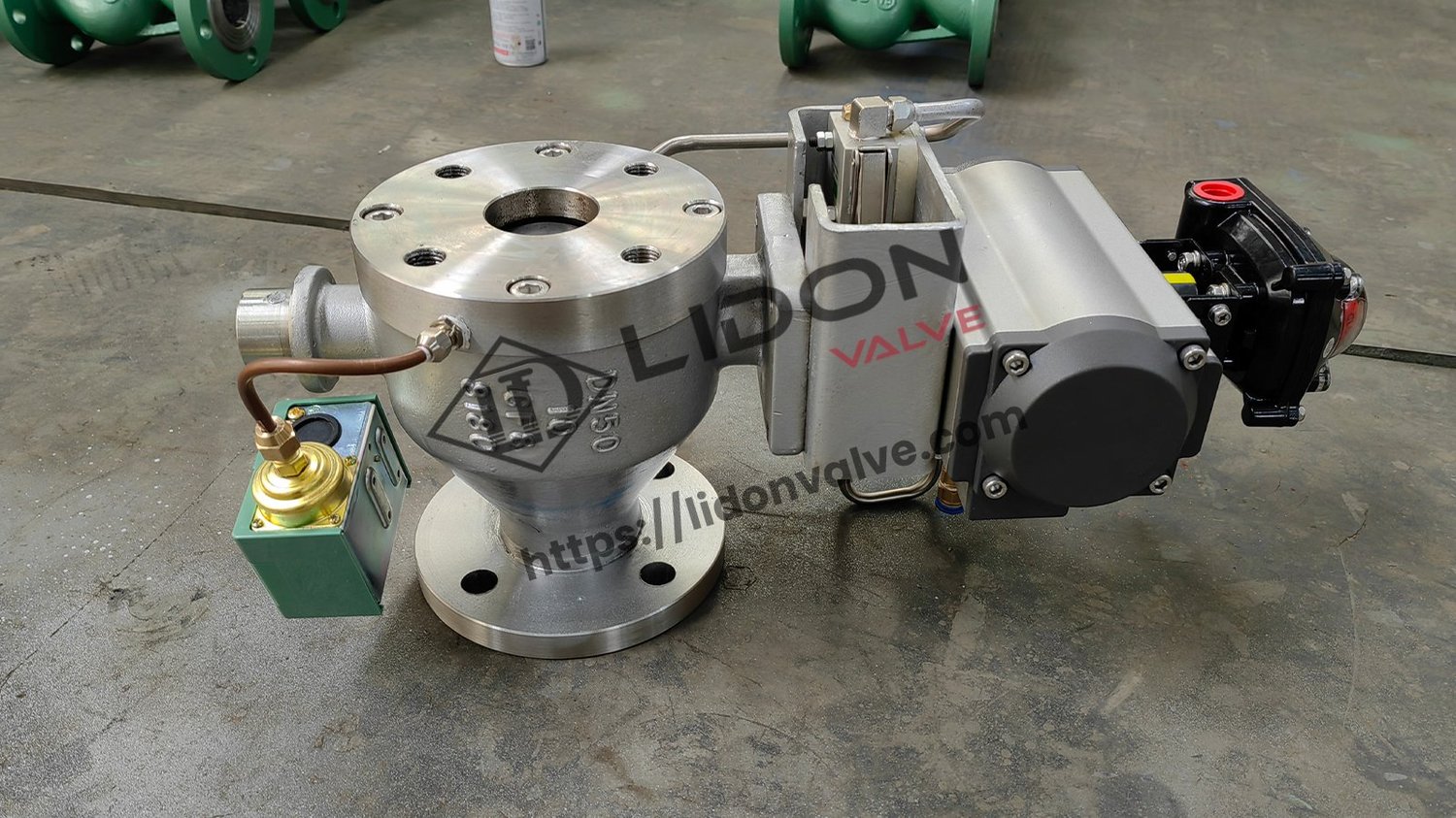What material is dome seal made of?
In the world of construction and architecture, dome seals play a crucial role in ensuring the integrity and longevity of various structures. Whether it's a residential building, commercial complex, or industrial facility, dome seals are used to provide a watertight and airtight seal between different components of a structure. But have you ever wondered what material is dome seal made of? In this article, we will explore the different materials used to manufacture dome seals and their unique properties. So, let's dive in!
1. Rubber Dome Seals
Rubber is one of the most commonly used materials for dome seals due to its excellent flexibility and durability. Rubber dome seals are typically made from synthetic rubber compounds, such as neoprene, EPDM, or silicone. These materials offer excellent resistance to weathering, UV radiation, and harsh environmental conditions, making them ideal for outdoor applications.
2. PVC Dome Seals
Polyvinyl chloride, commonly known as PVC, is another popular material used for dome seals. PVC dome seals are manufactured by extruding or molding PVC compounds into the desired shape. PVC dome seals are known for their excellent chemical resistance, low maintenance requirements, and cost-effectiveness. They are often used in applications where chemical exposure is a concern, such as wastewater treatment plants and chemical processing facilities.
3. Metal Dome Seals
Metal dome seals are typically made from stainless steel or aluminum alloys. These dome seals offer exceptional strength and durability, making them suitable for heavy-duty applications. Metal dome seals are often used in industrial settings where high pressure, temperature, or mechanical stress is present. They provide a reliable seal and can withstand extreme conditions without compromising the structural integrity of the sealed components.
4. Foam Dome Seals
Foam dome seals are made from various types of foam materials, including polyurethane foam and closed-cell foam. These dome seals are known for their excellent compressibility and flexibility. Foam dome seals are commonly used in applications where uneven or irregular surfaces need to be sealed, such as gaps between concrete slabs or expansion joints. They can effectively absorb vibrations, accommodate movement, and provide a watertight seal.
5. Silicone Dome Seals
Silicone dome seals are made from silicone rubber, which is a versatile material known for its excellent heat resistance and low toxicity. Silicone dome seals can withstand high temperatures, making them suitable for applications where thermal expansion or heat resistance is a concern. They are often used in automotive, aerospace, and electrical industries, where sealing against dust, moisture, and chemicals is essential.
6. Elastomeric Dome Seals
Elastomeric dome seals are made from elastomers, which are a type of polymer with rubber-like properties. These dome seals offer excellent elasticity, flexibility, and resistance to various environmental factors. Elastomeric dome seals can be made from different elastomeric materials, such as natural rubber, synthetic rubber, or thermoplastic elastomers (TPE). They are commonly used in building construction, HVAC systems, and automotive applications.
7. Composite Dome Seals
Composite dome seals are made by combining multiple materials to achieve specific properties and performance characteristics. For example, a composite dome seal may consist of a rubber or silicone base with embedded metal reinforcement for added strength. These dome seals offer a unique combination of properties, such as flexibility, durability, and resistance to extreme temperatures or chemicals. Composite dome seals are often used in specialized applications where standard materials may not meet the required performance criteria.
8. Fiber Dome Seals
Fiber dome seals are made from various types of fibers, such as glass fibers or carbon fibers. These dome seals offer excellent strength-to-weight ratio, high tensile strength, and resistance to corrosion and chemicals. Fiber dome seals are commonly used in applications where structural reinforcement and sealing are required simultaneously, such as in precast concrete structures or composite materials.
9. Thermoplastic Dome Seals
Thermoplastic dome seals are made from thermoplastic materials, which can be melted and reformed multiple times without significant degradation. These dome seals offer excellent chemical resistance, low friction, and ease of processing. Thermoplastic dome seals can be manufactured using various techniques, such as injection molding or extrusion. They are commonly used in industries where versatility, cost-effectiveness, and ease of installation are important factors.
10. Ceramic Dome Seals
Ceramic dome seals are made from ceramic materials, such as porcelain or alumina. These dome seals offer exceptional hardness, high temperature resistance, and excellent electrical insulation properties. Ceramic dome seals are often used in high-temperature applications, such as furnaces, kilns, or aerospace engines. They provide a reliable and long-lasting seal in extreme conditions where other materials may fail.

